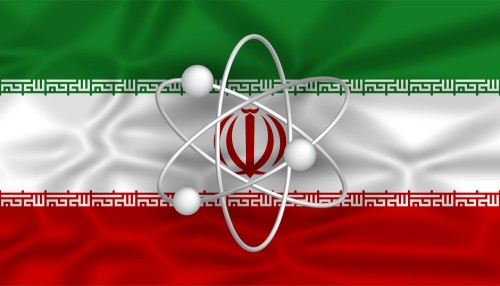LATEST
As nuclear talks seeking a comprehensive agreement continue in Vienna, Iran is holding the line against unrestricted inspection of its military sites.
Responding to remarks by the head of the International Atomic Energy Agency, Iran’s IAEA envoy Reza Najafi said on State TV that there is no provision in an April 2 framework — agreed between Tehran and the 5+1 Powers (US, Britain, France, Germany, China, and Russia) in Lausanne, Switzerland — for the inspections.
“Iran’s issue must be raised at the IAEA as an ordinary case or else it would be impossible to implement an agreement,” Najafi said. “The IAEA’s announcement that there are no undeclared sites or activities in Iran relates to the implementation of the Additional Protocol [of the Nuclear Non-Proliferation Treaty].”
Iran does not adhere to the Additional Protocol, but Tehran’s accession is envisaged under the comprehensive deal to be reached by June 30.
Inspections of Iran’s military sites is reportedly not a front-line issue for the 5+1 Powers; however, Western diplomats have raised the issue of “possible military dimensions” of Tehran’s nuclear program for years.
Earlier this week, IAEA head Yukiya Amano raised the diplomatic temperature by insisting that the Agency must have access at any time to Iran’s military facilities.
Najafi dismissed Amano’s statement, “Under the Swiss understanding, the IAEA is [only] required to verify…that Iran has had no uranium enrichment above the 5% purity level.”
Iran’s lead nuclear negotiator, Deputy Foreign Minister Abbas Araqchi, said on Thursday from Vienna that “possible inspections of Iran’s non-nuclear sites would not go beyond the framework of the Additional Protocol”. He said he had talks with Amano about the issue.
Araqchi added that Iran could allow access to its non-nuclear sites under “special conditions”, with the “coordinated” inspections used for environmental sampling.
Central Bank Governor: Recovery from Sanctions Removal Will Not Be Seen Until Early 2016
Amid the spin in his interview with the Financial Times — “Iran’s investment attractions are quite clear” — this is the important takeaway from Central Bank Governor Valiolah Seif: “The [effort of the] removal of sanctions will not be felt before the Iranian year ends next March.”
Seif’s statement complements the assessment of analysts that, even with the lifting of sanctions under a comprehensive nuclear agreement, Iran will not be able to significantly raise its oil exports until early next yeaer.

